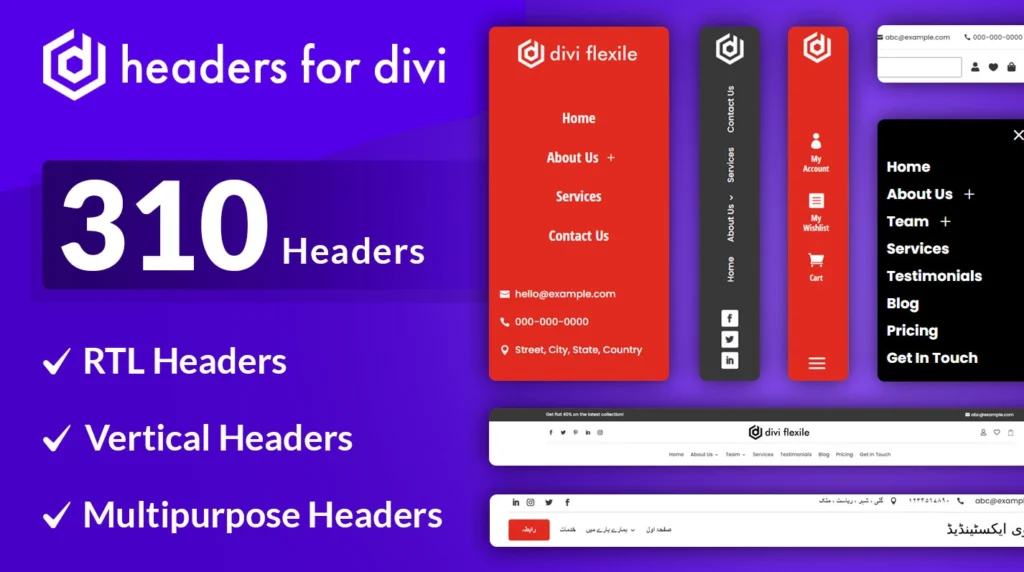In the ever-evolving realm of search engine optimization (SEO), there are countless myths and misconceptions that can lead website owners astray. One such myth suggests that the WordPress theme you choose for your website has a more significant impact on SEO than the actual content you publish. In this blog post, we’re going to dive deep into this notion and separate fact from fiction.
The Myth: WordPress Themes Trump Content in SEO
It’s not uncommon to hear people claim that selecting the perfect WordPress theme is the key to achieving top search engine rankings. The argument often goes that a well-designed theme with built-in SEO features can magically boost your website’s visibility, while content takes a back seat. But how true is this assertion?
Debunking the Myth
While the appearance and functionality of your website, influenced by your choice of WordPress theme, do matter, the claim that themes have a more significant impact on SEO than content is far from accurate. Here’s why:
- Content Is King: The famous saying, “Content is king,” still holds true in the world of SEO. Search engines like Google prioritize high-quality, relevant, and informative content above all else. No matter how beautiful your theme is, if your content doesn’t meet these criteria, it won’t rank well.
- SEO Plugins and Customization: WordPress offers a range of powerful SEO plugins, such as Yoast SEO and All in One SEO Pack, that can be installed and customized to enhance on-page SEO elements. These plugins allow you to optimize titles, meta descriptions, headers, and more, irrespective of your theme.
- Themes vs. Frameworks: It’s essential to differentiate between WordPress themes and frameworks. While themes control the design and layout, frameworks, like Genesis or Thesis, provide a foundation for SEO optimization. Frameworks often include built-in SEO features and are more SEO-friendly than generic themes.
- Speed and Mobile-Friendliness: While related to theme design, website speed and mobile-friendliness are critical SEO factors. However, they depend on how well your theme is coded, not solely on its appearance. Themes that prioritize performance and responsive design are beneficial for SEO.
- User Experience Matters: Search engines consider user experience when ranking websites. A well-designed theme can contribute to a positive user experience, which indirectly affects SEO. However, content quality remains paramount.
- Content Optimization: Content optimization, including keyword research, proper header usage, and internal linking, is crucial for SEO success. These aspects depend on content, not the theme.
In the grand scheme of SEO, it’s vital to put content at the forefront of your strategy. While your choice of a WordPress theme can influence your website’s aesthetics, speed, and user experience, it is not the primary driver of SEO success. Content quality, relevance, and optimization remain the key factors that determine how well your website performs in search engine rankings.
So, when selecting a WordPress theme, prioritize factors like speed, mobile-friendliness, and framework compatibility, but never underestimate the significance of creating exceptional content. Ultimately, it’s the quality and relevance of your content that will make your website stand out in the crowded online landscape and drive organic search traffic.





0 Comments